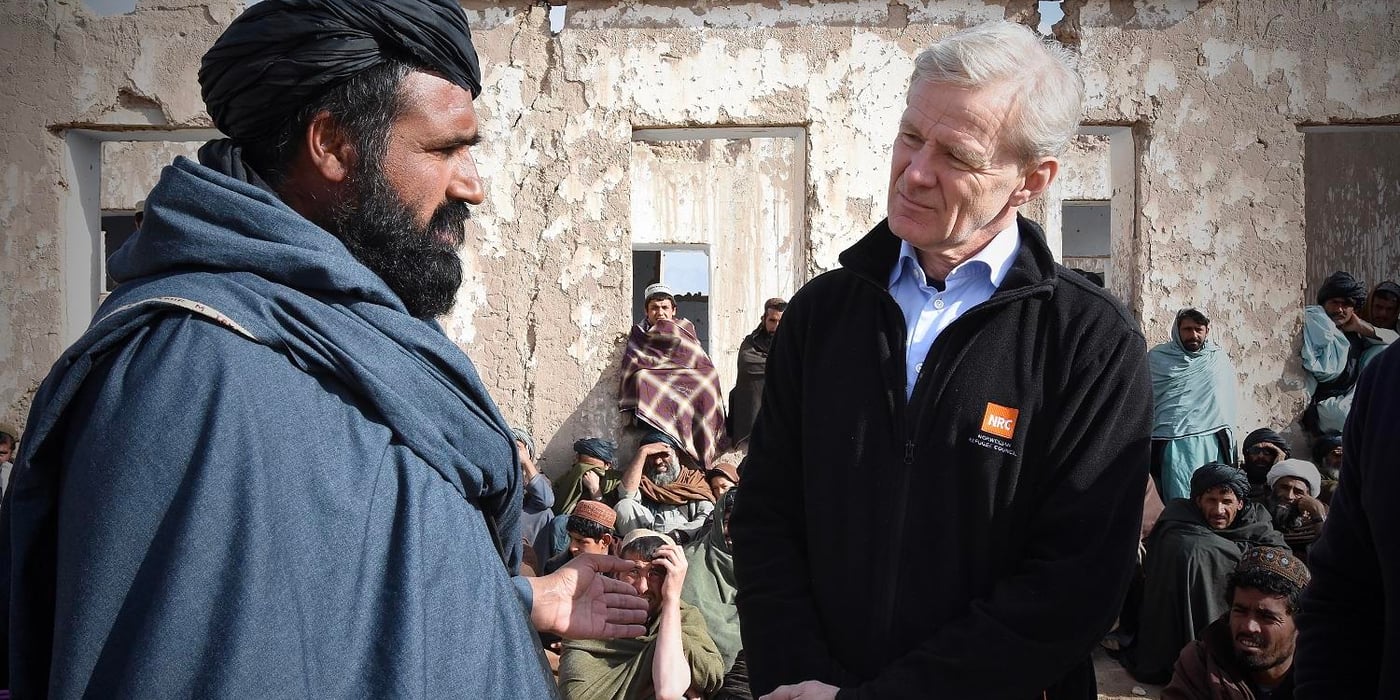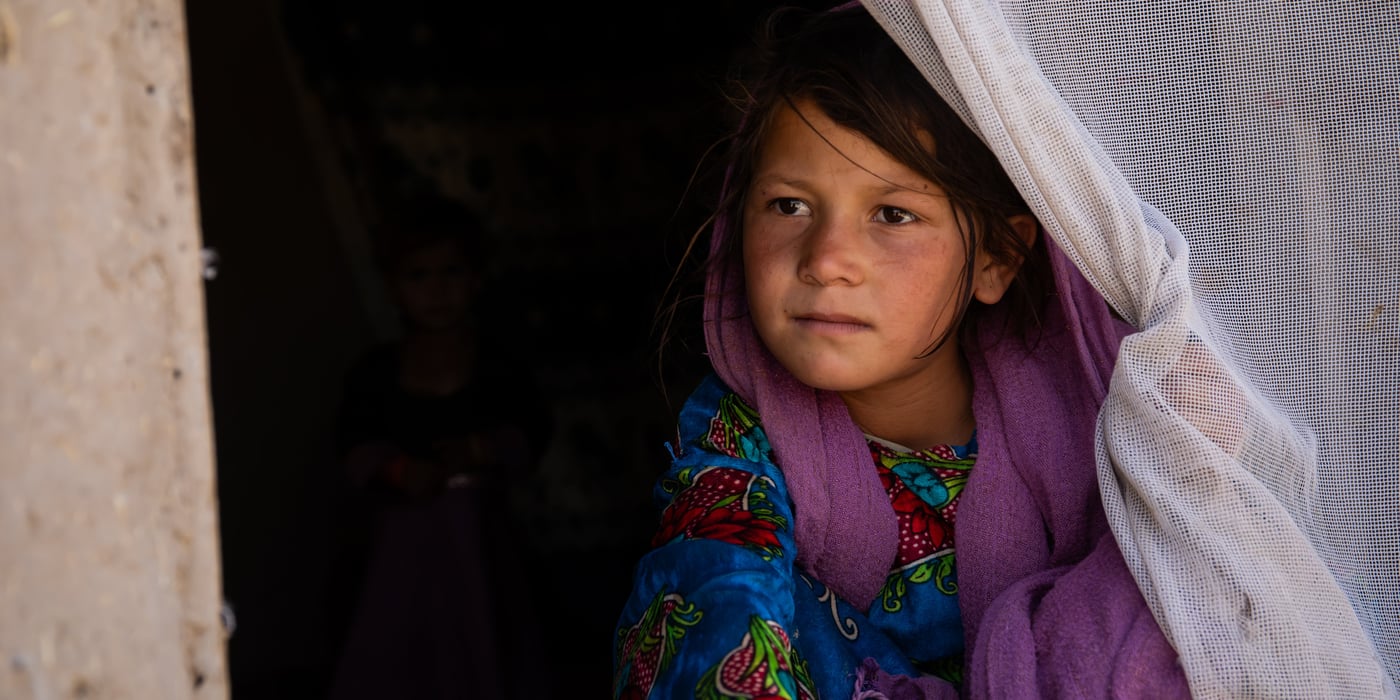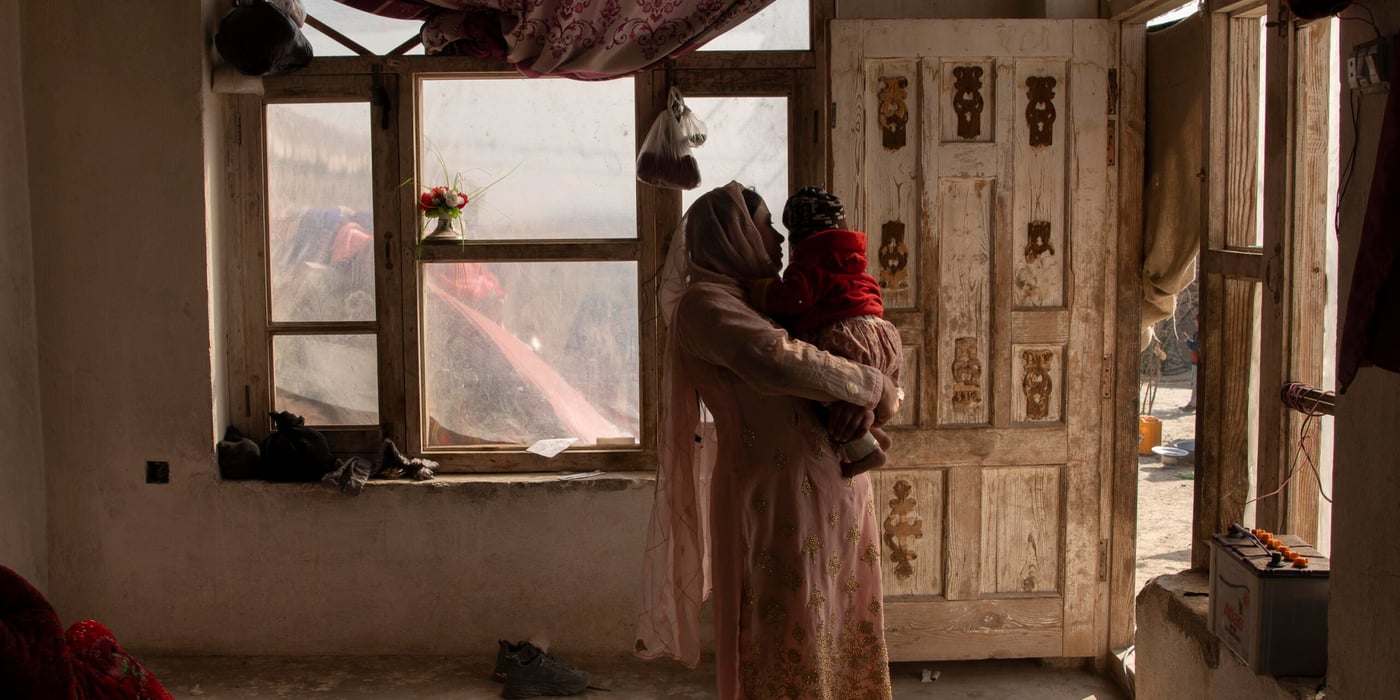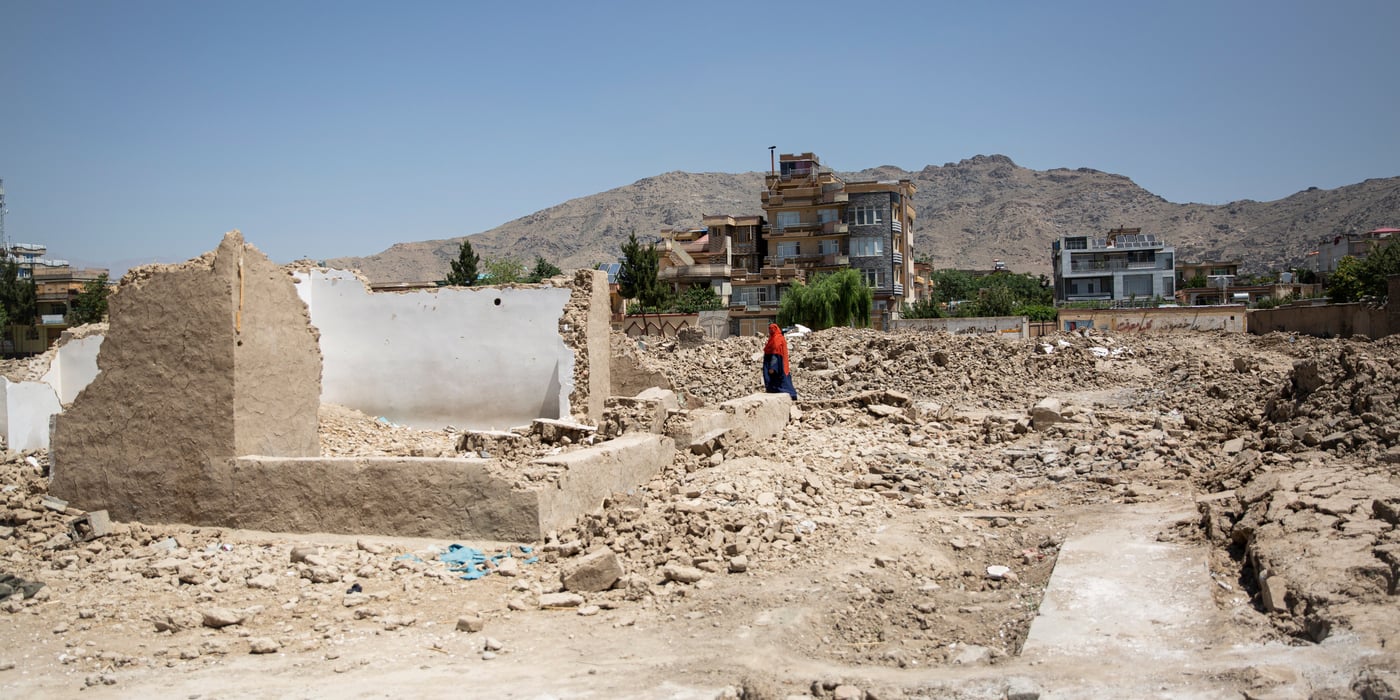
“Whilst international attention is focused on very welcome peace talks, I have in recent days met countless Afghan women, men and children who have fled air raids, cross-fire and military offensives in Central and Southern Afghanistan,” said Jan Egeland, Secretary General of the Norwegian Refugee Council who is currently visiting the country. “Many recent casualties in the Afghan war are in hard-to-reach areas where the few humanitarian groups are overwhelmed by the needs.”
Afghans continue to be attacked, abused, displaced and refused their rights. Almost two-thirds of the population - 17 million people - live in areas directly affected by conflict. Approximately 6.3 million are in need of humanitarian assistance, of these 60 per cent are children. 1.5 million people are internally displaced across the country. In addition, 2.6 million people are close to famine. Separate studies undertaken by NRC showed that while almost half of the displaced people surveyed received assistance in 2012, five years later our survey showed that only a quarter received external support. The deepening neglect of conflict victims has continued through 2018, which was one of the deadliest years in the last decade with over 8,000 people killed or injured.
“All the civilians I met in conflict stricken Uruzgan and Kandahar expressed a deep yearning for peace after generations of senseless and bloody war. The Afghans in the countryside, many living in poverty, have seen frontlines shift for decades and yearn for security, a possibility to return to their lands and to restart livelihoods. At the same time, they beg that the progress brought by foreign assistance must be secured and that all of the unfulfilled promises of education, health and development must not be forgotten as foreign forces prepare to leave,” said Egeland.
NRC is appealing to the parties of the conflict to guarantee humanitarian access across frontlines and to allow aid groups to stay and deliver in hard-to-reach areas where many Afghans in greatest need now suffer alone. The attacks on hospitals, schools and aid workers have paralysed humanitarian work in too many areas. NRC is working to demilitarise schools after some 1150 schools were attacked or occupied in 2018 adding half a million children to the rising number of children without education.
“Mazullah, a displaced father of five I met in Kandahar can no longer walk due to an air strike on his home after Taliban forces had taken over his village. His wish was for his sons and daughters to get the education and the livelihoods that he and his wife were denied. With hopes for a peace deal among armed men, now is the time for increased support to the growing numbers of war victims. Countries that have been involved in waging war must not turn their back on the civilians who have bore the brunt of 40 years of violence,” said Egeland.




